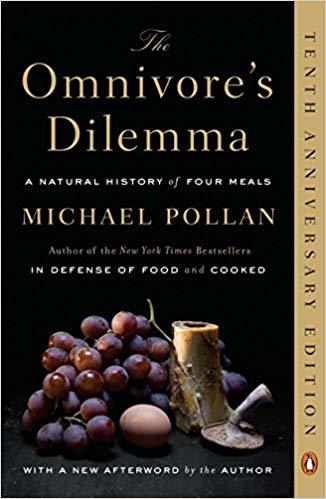
If you care about the impact of food on the environment I highly recommend reading Michael Pollan's book "Omnivores Dilemma" it's a few years old now but really changed my perception of food production.

Modal Description
Watch the short video below to learn the basics.
You'll be an 2018 People's Ecochallenge expert in no time!

Historically, marginalized and low-income communities live closer to landfills, contributing to a multitude of health problems. I will find out how I can limit single-use items and do my best to limit the waste I generate.
I will commute by bike 3 mile(s) each day and avoid sending up to 0.0 lbs of CO2 into Earth's atmosphere.
I will save up to 20 gallons (75 L) of water each day by taking 5-minute showers.
I will watch 1 documentary(ies) about food sovereignty: the right of local peoples to control their own food systems including markets, ecological resources, food cultures and production methods.
I will enjoy 1 meatless meal(s) and/or 1 vegan meal(s) each day this week.
I will visit my nearest farm to find out who produces my food, and will learn about the quality of life of those who produce my food in other regions of the world to make better choices when I shop.


